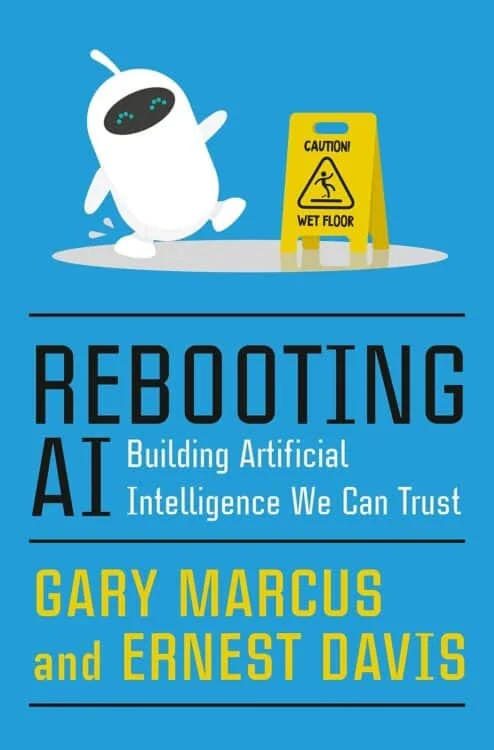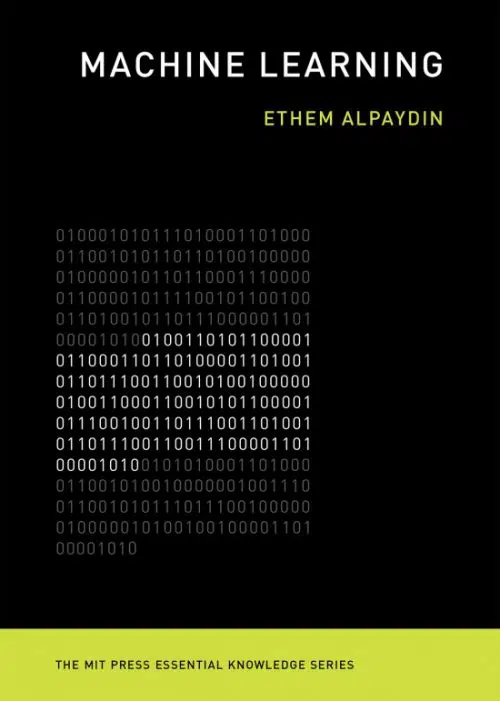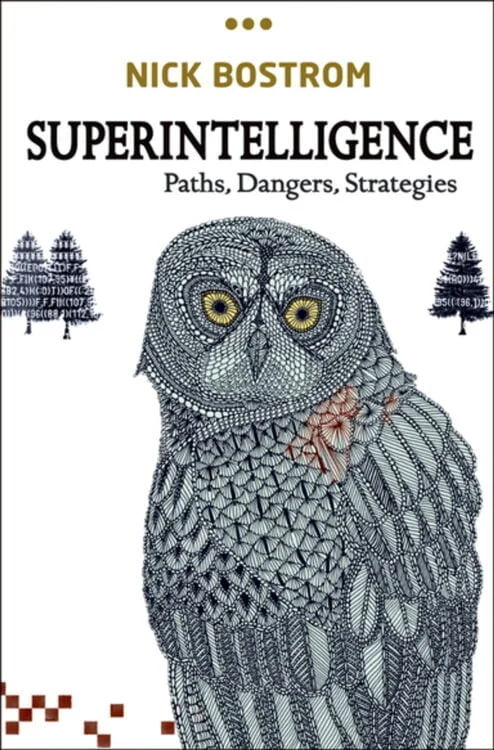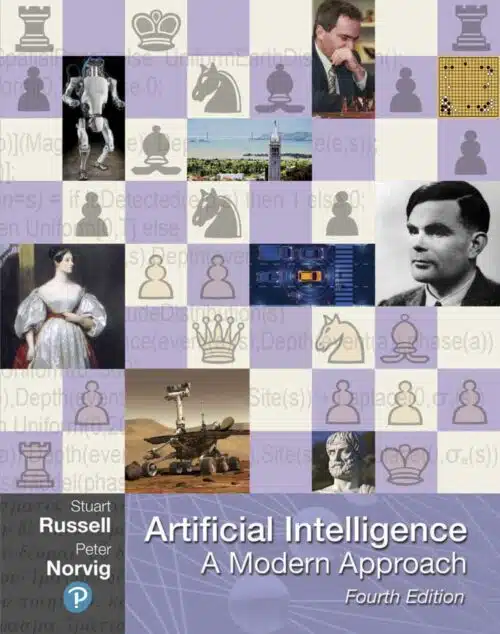The rapid development of technology has led to the belief that computers can solve all of our problems. However, the book “Artificial Unintelligence” by Meredith Broussard challenges this utopian idea. Broussard argues that technology has several limitations and can even cause harm to society.
Broussard emphasizes that computers cannot understand the complexities of the world. She uses an example of a self-driving car, which may fail to detect a child crossing the road if the lighting is poor. This limitation is because computers operate on data and algorithms, while humans use their senses and experiences to understand the world. Therefore, humans must be involved in the decision-making process when it comes to technology, as it can never replace human intuition.
The author discusses the problem of techno-chauvinism, which refers to the belief that technology is superior to humans. This belief leads to biased technology, which can result in disastrous consequences. Broussard emphasizes the importance of diversity in the tech industry. Different perspectives and experiences can help build better technology that benefits all members of society.
Broussard highlights examples of biased technology such as algorithms used in recruitment processes. These algorithms may discriminate against candidates based on their race or gender. Broussard argues that without human intervention and oversight, technology will continue to perpetuate discrimination and inequality in society.
Artificial Unintelligence emphasizes that technology should assist humans, not replace them. Humans must work hand in hand with technology and use it to enhance their abilities, not become dependent on it. Broussard believes that collaboration between hard sciences and social sciences is crucial. Scientists must understand the impact of technology on society and work to address the ethical concerns that arise from its use.
In conclusion, “Artificial Unintelligence” challenges the belief that technology can solve all our problems. Broussard provides valuable insights into the limitations of technology and how it can cause harm to society if used without caution. Artificial Unintelligence emphasizes the need for diversity in the tech industry and human involvement in decision-making processes. Collaboration between hard sciences and social sciences is crucial to ensure that technology benefits all members of society. So, read Artificial Unintelligence if you’re interested in understanding the impact of technology on society and learning how we can use it to enhance our abilities.










